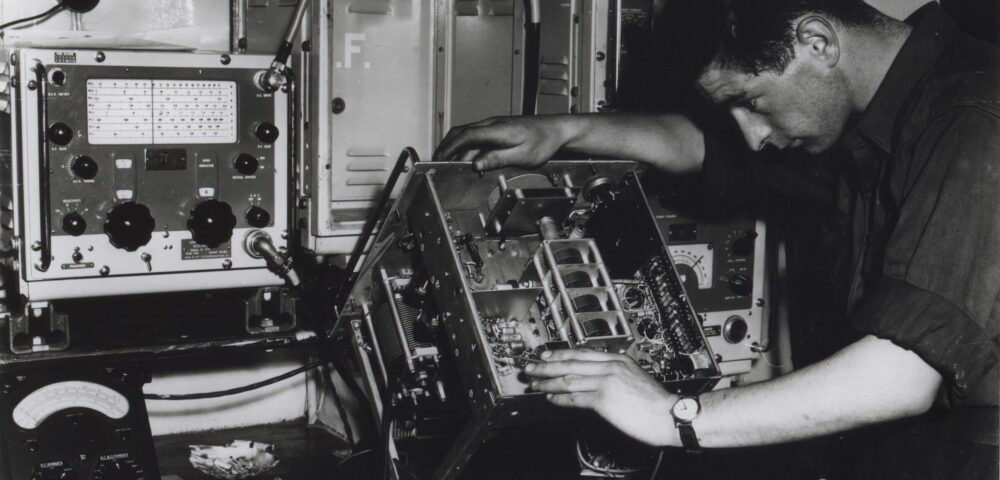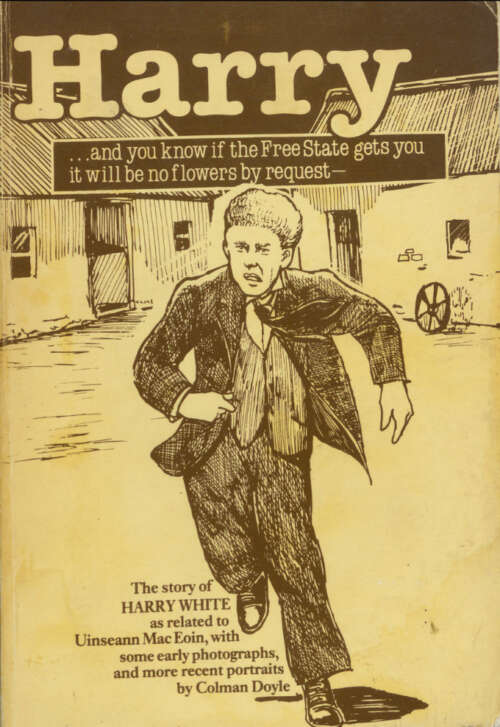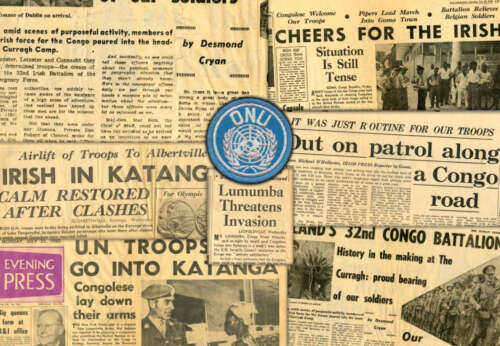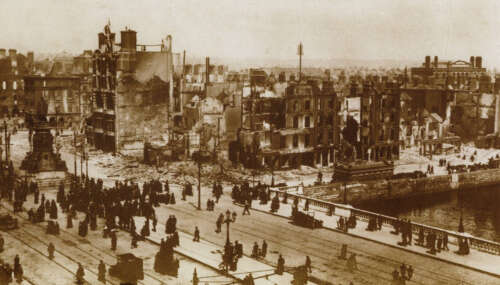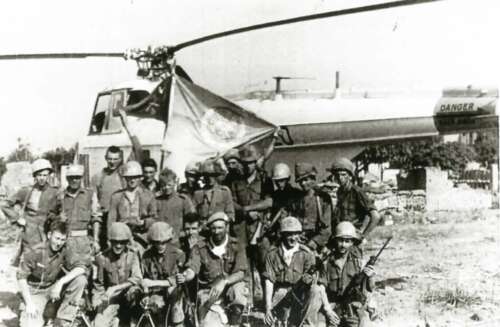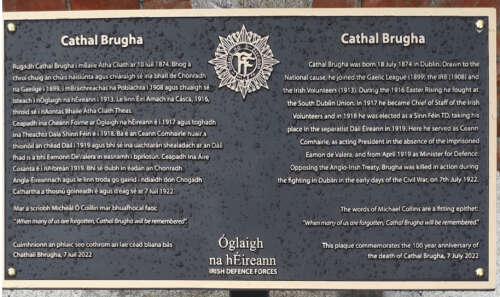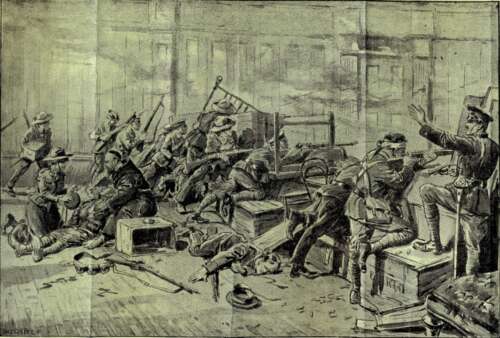Creation and collaboration
Alongside our online collections, original records and search capabilities, we also produce documents and publications, collaborate on media projects and host exhibitions. From fascinating recordings to themed calendars, discover the full range of Military Archives resources.
Resources
×
![Expanded]()


